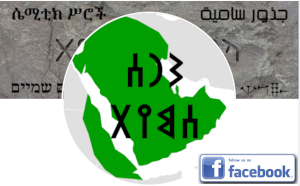View Source #3
| Id | 3 |
|---|---|
| Name | OCIANA |
| Type | 0 |
| Location | http://krcfm.orient.ox.ac.uk/fmi/webd/OCIANA |
| Description | Online Corpus of the Inscriptions of Ancient North Arabia From the early first millennium BC to around the fourth century AD, literacy was extremely widespread among both the settled and nomadic populations of the Arabian Peninsula and they have left us tens of thousands of inscriptions and graffiti. Since the late nineteenth century, approximately 48,000 of these have been recorded by travellers and scholars and have appeared in hundreds of articles, books, and unpublished dissertations in a number of different languages. This makes it extremely difficult for all but a handful of specialists to keep track of and use the rich material they contain. Moreover, any visit to the deserts of southern Syria, eastern and southern Jordan and the western two-thirds of Saudi Arabia reveals that there are thousands more inscriptions waiting to be recorded. The OCIANA project, was based at the Khalili Research Centre, Oriental Institute, University of Oxford, and directed by Professor Jeremy Johns and Michael Macdonald. The primary output of the project was an online Corpus of all the pre-Islamic inscriptions of north and central Arabia, both those in the various Ancient North Arabian dialects and scripts, and those in Old (i.e. pre-Islamic) Arabic. In 2012, the first phase of OCIANA, funded by a grant from the John Fell Fund, launched a demonstration site in which a corpus of 3,420 previously unpublished Safaitic inscriptions was made available online with readings, translations, commentaries, ancillary information, tracings, and photographs. In January 2013, the project received a large grant from the AHRC for Phase II which lasted three and a half years from October 2013, and in which the Dadanitic, Taymanitic, the rest of the Safaitic, Hismaic, and Old Arabic inscriptions were entered and tagged, with all available ancillary information and with photographs whenever these were available. |
| Authors | The Khalili Research Centre |

